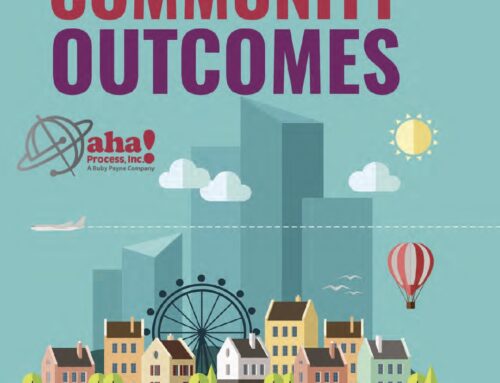 In Emotional Poverty, Dr. Ruby Payne describes a classroom trend of emotional issues that interfere with group learning outcomes and can potentially escalate to unsafe student behavior. Dr. Payne describes an “in your face” explosion of emotional response in which students have behavioral outbursts in the classroom. At times educators watch the cycle of abuse repeat like Vanna White watches the Wheel of Fortune spin: without the ability to impact the circular momentum.
In Emotional Poverty, Dr. Ruby Payne describes a classroom trend of emotional issues that interfere with group learning outcomes and can potentially escalate to unsafe student behavior. Dr. Payne describes an “in your face” explosion of emotional response in which students have behavioral outbursts in the classroom. At times educators watch the cycle of abuse repeat like Vanna White watches the Wheel of Fortune spin: without the ability to impact the circular momentum.
All people have a boiling point. Even-tempered people who self-soothe and destress in healthy ways have a boiling point that is so high it is rarely seen. Dr. Jordan Peterson concluded that disagreeable personalities tend to be low in conscientiousness and are born that way. Disagreeable personalities have a low boiling point that is reached more frequently. Children boil over and emotionally respond with an in-your-face explosion, at which point they surrender self-control to rage fueled by a need for safety and belonging, according to Emotional Poverty.
When people snap, there is a primal instinct to do the worst thing they can think of to hurt whomever they oppose. When a child low in conscientiousness is born into chaos, neglect, or abuse, the worst thing they can think of can get surprisingly terrible. Until they are taught alternative tools for self-control, children’s worst thing they can think of continues to develop and evolve and impact learning for the entire class.








